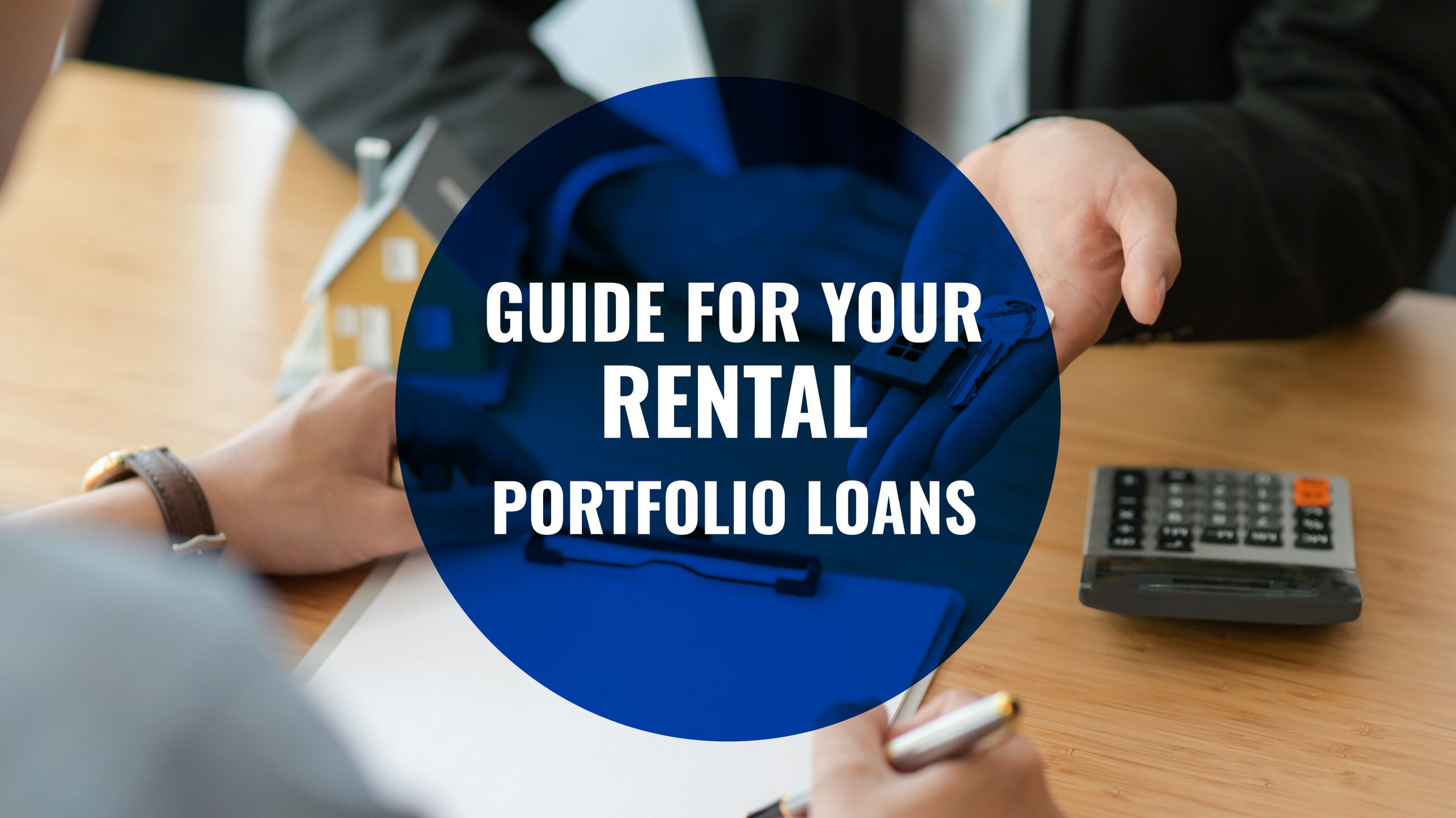The Definitive Guide for your rental portfolio loans

The Definitive Guide for your rental portfolio loans
Many investors are now going for residential real estate investing and opting to build rental portfolios rather than depending on a more volatile market.
The good thing about rental portfolios is that they offer investors an opportunity to have a steady source of income from different rental properties.
However, as their portfolios continue to grow and expand, most investors find it challenging to manage several properties and loans at the same time – something that can be stressful.
Fortunately, the introduction of specialty lenders came as a relief for investors with multiple properties.
Specialty lenders have made it easy for rental portfolio investors to manage their loans by providing a blanket portfolio solution. The blanket loan reduction makes the process easy by merging various loans and giving investors an opportunity to access equity across properties.
Nonetheless, it is important to note that financing rental properties is a bit complex compared to conventional home mortgage loans. This is because the approval of a lender’s loan application is pegged on factors such as the viability of the rental portfolio as well as the openness of financial statements provided.
As an investor, it is important to understand the terminologies, calculations, and expectations of a lender for the rental portfolio loans. Here is a summary of rental portfolio loans and how it works:
 Entities instead of individuals
Entities instead of individuals
First and foremost, a portfolio loan is not different from a commercial real estate loan. This is because the lender issues the loan to an entity rather than an individual applicant. The entities are usually LLCs that don’t have a long credit history.
As such, a lender or financial institution will always request a loan sponsor (or guarantor) when considering your application.
The sponsor is supposed to provide the lender with crucial information such as financial data associated with the rental portfolio in question. This is basically meant to help the lender determine the amount to the issue.
Net operating income
Asset-based lenders normally determine the loan amount from the net operating income. It is an important method used by most lenders before approving any rental portfolio loan application.
Borrowers will be required to provide their own rent roll, although the lender will still deduct any expenses before arriving at the Net Operating Income (NOI).
As a borrower, it is vital to understand the net operating income because it helps in determining some rations such as debt service coverage ratio (DSCR) and capitalization rate.
Debt Service Coverage Ratio
DSCR is calculated by dividing annual debt obligations by the operating income. Lenders generally try to use a ratio of 1.20 or more since it will give them confidence – knowing their borrower can comfortably repay the loan.
In order to meet the above target ratio, it means that your portfolio needs to have a good cash flow that will cover 120 percent of its yearly debt.
Loan to value (LTV)
Loan to value is another important factor that lenders consider before financing rental property owners. LTV is basically the ratio of the loan applied for divided by the value of the portfolio. Specialized lenders give investors an opportunity to access equity within their portfolio by borrowing up to 75 percent LTV, but as low as 50% LTV.
This shows that the value of the property should be at least 25 percent more than the amount of the loan requested by the borrower.
Loan duration
Rental loans generally have longer-term than hard money bridge loans, which may be 1 to 5 years. Rental investment loans may go up to 30 years and be fully amortized. Similar to a conventional home loan.
However, there are shorter options for investors that may wish to pay off their balance in full in a quicker time frame. Some private rental investment property lenders also offer terms at 10, 15, 20, or 25 years.
Funding options for rental property loans
Just like mortgages meant for those who want to purchase homes, there are several options you can choose from when looking for the best investment property loan.
It doesn’t matter whether you are seeking a loan for a new rental property or looking to refinance your existing property loan, you still have options.
Below are 3 types of loans you can consider
Conventional financing
Also known as conforming loans, conventional loans are mortgages normally guaranteed by a government-sponsored enterprise (GSE). The good thing about these types of loans is that they attract very minimal interest rates.
However, you will be required to pay a down payment of at least 20 percent to avoid mortgage insurance. Some lenders will however hesitate to approve your application if you already have four loans.
Blanket mortgage
Another great way of securing financing for your real estate project is cross-collateralization. If you have multiple rental properties and would like to take a loan at once, then a cross-collateralization mortgage might be the best option.
A blanket mortgage allows you to finance several rental properties using a single loan. Real estate investors usually use blanket mortgages when they want to buy a large property and construct several units. A blanket mortgage is also ideal for house flippers.
There are several benefits and risks associated with blanket mortgages:
- Properties act as collateral for each other
- You can refinance the existing houses using the blanket mortgage
- Look for a blanket mortgage with a release clause
- Blanket mortgages are normally short term loans
Portfolio loans
Unlike traditional loans that are offered to investors with GSE conditions, portfolio loans are held by a financial institution issuing them.
As such, portfolio lenders will either approve or reject your mortgage application based on their approval criteria. Portfolio loans are ideal for investors who can’t qualify for traditional loans. That said, it is important to keep in mind that each individual property will still be evaluated based on its own merits and qualification criteria.
If you found The Definitive Guide for your rental portfolio loans useful we also recommend more resources in our blog and follow us on our social media platforms (Facebook & Instagram).
To get funding for your real estate investments call our office and a loan consultant will be able to assist you, we offer loans nation wide.

 Entities instead of individuals
Entities instead of individuals